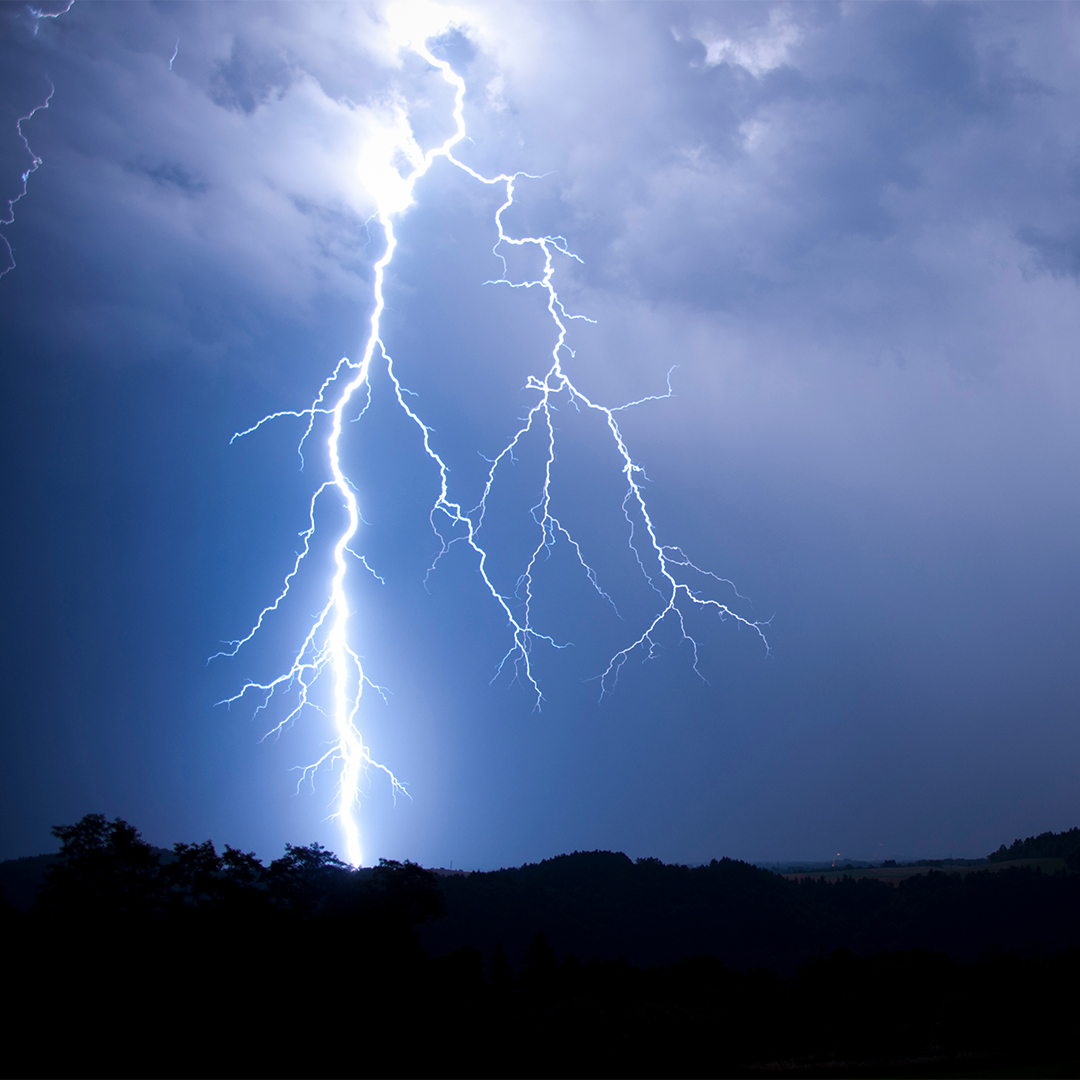Chances are you’ve probably experienced an electrical surge. Sometimes, electrical surges are so small you won’t even know it’s happening. Small surges don’t always mean there’s something wrong with your electrical wiring, nor are they usually dangerous. But repeated surges can damage your electronics and household appliances causing damage and premature failure.
Power surges can be caused by a number of things and happen both in and outside of your home. If you don’t notice a power surge, then chances are it’s caused by an inside force. If you are able to notice it, or the power surge is larger than usual, then odds are it’s caused by an outside force. The causes of power surges can include:
Internal:
- Wiring
- Circuit Breaker Box
- Appliances
External:
- Lighting Strikes
- Fallen Power Lines
- Blown Transformers
- Electrical Service Issues
As areas grow, develop, and increase in population, the power grids can become dated and provide a lower quality of service to homes and buildings. You need to remember that all of the homes and buildings around you are also using power, so when the seasons change and people are turning on their heat or AC, brownouts, and power outages are likely to increase.
Regardless of whether a power surge is big or small, noticeable or not, it takes a toll on your appliances – including your AC unit. Your HVAC unit is often the most expensive thing in your home, so you’ll want to make sure it’s protected. Here are some tips from Advance Mechanical.
- When you aren’t using high amp appliances, unplug them. Examples of high amp appliances can be your toaster, coffee maker, hair dryer, and tea kettle. However, it can also include things like your microwave, space heater, and window air conditioners. We know unplugging some of these appliances can be a hassle, so we recommend unplugging them when leaving your home for an extended period of time.
- Have your electrical system inspected, especially if you’re noticing increased and disruptive power surges.
- Get a surge protector for your major appliances – including your HVAC system.
Power surges, especially larger ones, can cause damage to your HVAC system by:
- Overloading and damaging the air conditioner capacitor.
- Frying the unit’s circuit board.
- Causing the compressor to short
All of these things can happen without you even knowing it, making it all the more important to protect your system with a surge protector. Surge protectors will keep your HVAC system running longer, more efficiently, and will save you money. Homeowners insurance traditionally doesn’t cover replacement or repair of appliances, and the cost to have a professional install a surge protector is far less than being forced to pay thousands for a new unit.
If you have any questions about surge protectors, call Advance Mechanical at 252-355-9191 and talk to our team of trusted and trained professionals. Our team is dedicated to keeping you happy, healthy, and cool all summer long.

